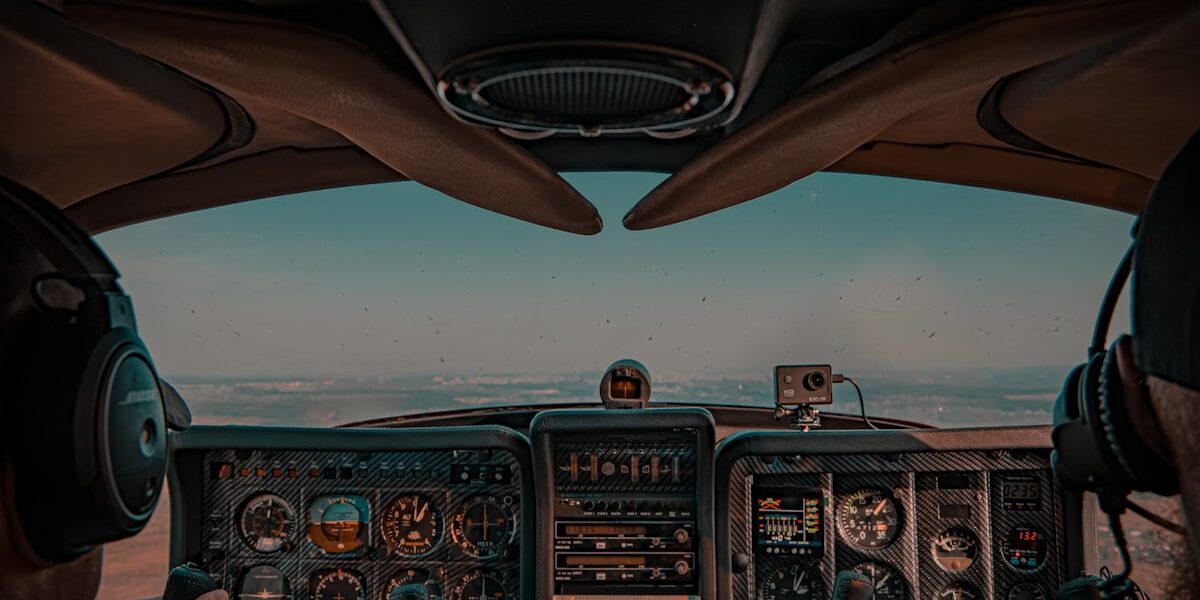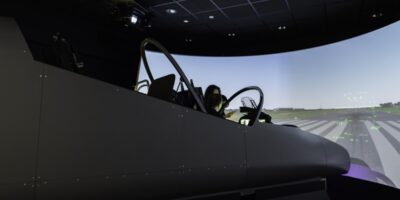MSFS Shared Cockpit: A Deep Dive
Microsoft Flight Simulator (MSFS) remains one of the best aviation simulation platforms. A key feature sparking interest among virtual pilots is the shared cockpit. It enables multiple users to operate an aircraft together, mimicking real-world co-pilot scenarios.

Understanding MSFS Shared Cockpit
Sharing your cockpit with others involves a combination of communication and control. You can divide tasks and responsibilities between pilots. This fosters teamwork and mirrors real-world aviation practices. The shared cockpit enhances learning as experienced pilots guide novices through procedures and maneuvers.
Setting Up Shared Cockpit
Proper setup starts with both participants installing the same aircraft and addons. Consistency ensures both pilots see and use the same instruments. Syncing the version of MSFS is also crucial. Disparities between versions lead to control discrepancies and visual glitches.
Networking and Connectivity
MSFS shared cockpit operates over the internet. Stable connections are essential for avoiding lag and synchronization issues. Pilots typically use third-party software like YourControls to facilitate shared cockpit functionality. This software overrides default sim limitations and allows for real-time interactions.
Steps to Use YourControls
- Download and install the YourControls plugin from their official website.
- Ensure both pilots have the same version of the aircraft and MSFS.
- Launch MSFS and load the selected aircraft.
- Open the YourControls interface and connect with your co-pilot using their IP address.
- Verify controls and displays are synchronized before starting the flight.
Voice Communication
In shared cockpit scenarios, clear communication is vital. Pilots often use platforms such as Discord or Teamspeak for voice communication. Effective communication helps manage tasks, such as adjusting settings, monitoring instruments, and executing maneuvers.
Training and Skill Enhancement
New pilots gain immense benefits from sharing cockpits with experienced aviators. Real-time feedback helps learners understand complex procedures and airmanship principles. Shared cockpit introduces learners to multi-crew coordination and fosters a sense of responsibility and teamwork.
Realistic Flight Experience
Shared cockpit flights provide an immersive experience. Pilots handle tasks collaboratively, such as takeoff procedures, navigation, and landing. This depth of interaction offers insights into real-world aviation operations that solo flying in a simulator can’t replicate.
Challenges and Limitations
Lag and desynchronization pose challenges in shared cockpit flying. Even minor delays can disrupt coordination. Compatibility issues between aircraft versions and addons are common. Pilots must address these technical hurdles for a smooth experience.
Community and Support
Online forums and communities provide support and advice for shared cockpit enthusiasts. Users share tips for resolving technical issues and optimizing their setups. Active participation in these communities can enhance your shared cockpit experiences.
Popular Aircraft for Shared Cockpit
- Airbus A320neo
- Boeing 737
- Cessna 172
- TBM 930
These aircraft offer reliable shared cockpit experiences when paired with compatible third-party software.
Future Developments
Improvements in internet speed and software reliability will enhance shared cockpit functionality. Ongoing updates in MSFS will likely bring native support for multi-crew operations. The community eagerly anticipates these advancements.
Best Practices
Pilots should perform pre-flight checks and communicate the division of responsibilities. Ensuring detailed briefings before flights improves efficiency and safety. Regularly updating software and addons prevents compatibility issues.
Successful shared cockpit sessions rely on preparation and effective communication. Embracing these practices will help pilots maximize their shared cockpit experiences.


